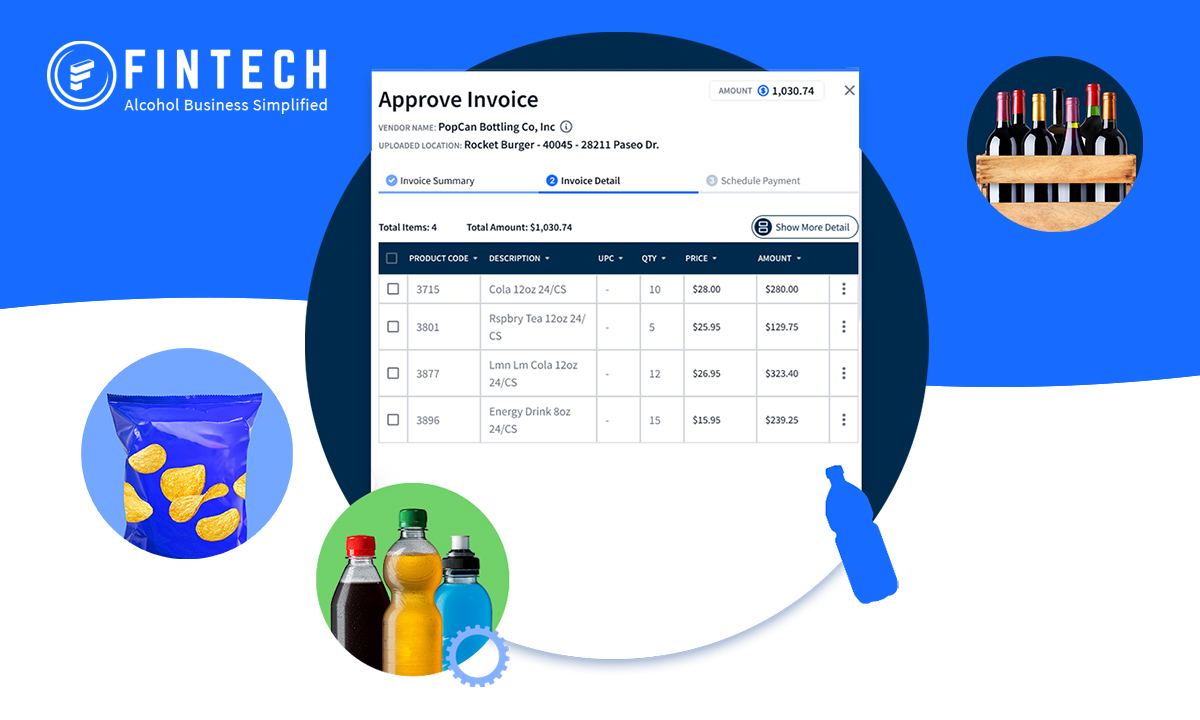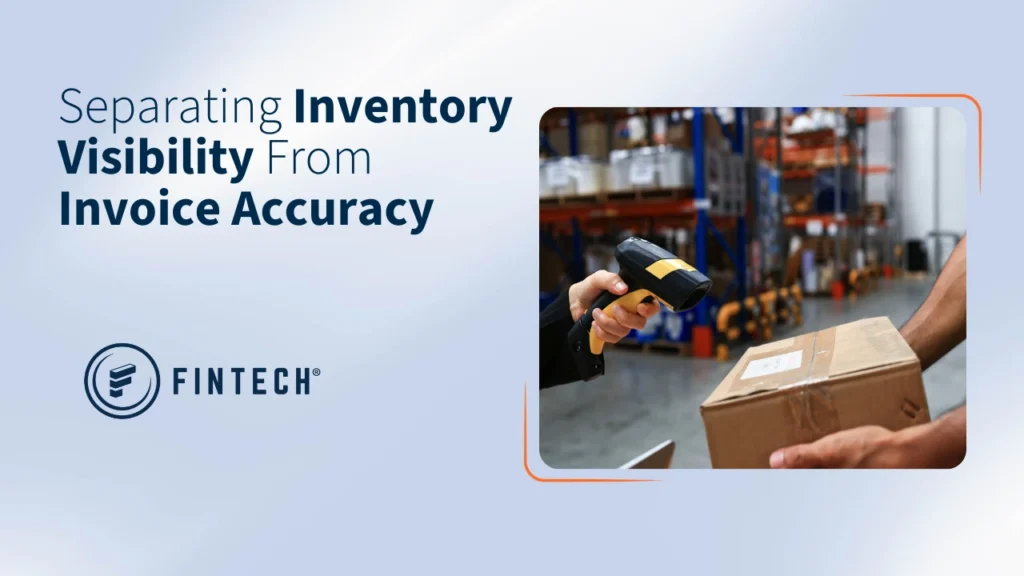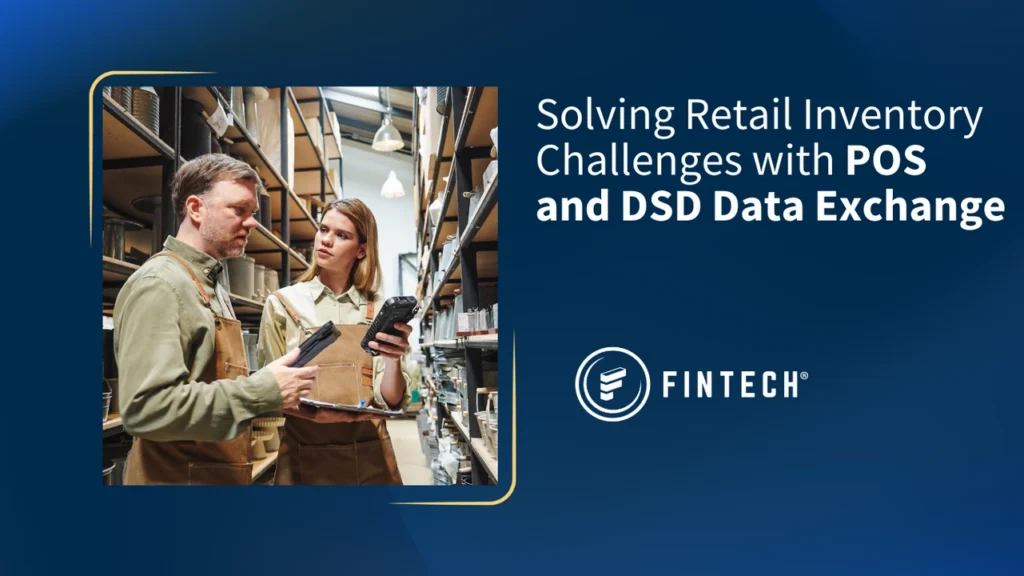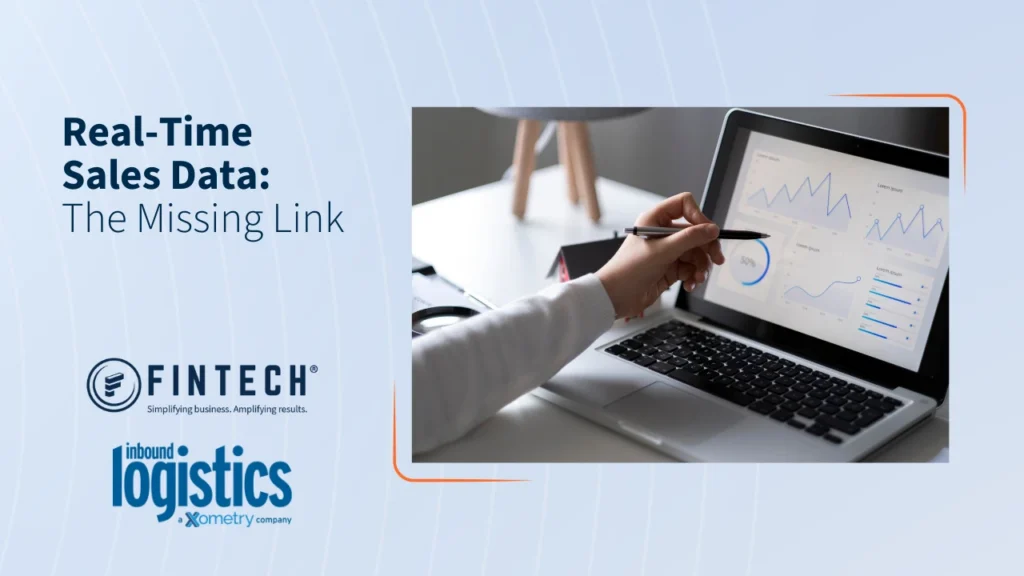Effective invoice management is a cornerstone of operational efficiency. Businesses frequently receive invoices for goods, services, and operating supplies. Keeping track of this high volume of invoices requires proactive accounts payable (AP) solutions for invoice payment and data capture. Multiple challenges can arise if there is no clear invoice management process, including inaccurate invoices, late or delayed payments, time-consuming manual processing, scalability issues, and back-office or accounting systems integration. Let’s go over these challenges and how implementing invoice management best practices can improve AP workflows.
Challenge #1: Inaccurate Invoices
Receiving inaccurate invoices can lead to payment disputes and processing delays. Businesses may not be able to verify invoice accuracy until after delivery, delaying payment until the discrepancies are identified and reconciled. A good way of mitigating this problem is to implement a system for verifying invoice details against purchase orders and delivery receipts before processing payments.
Fintech’s PaymentSource® Premium allows businesses to adjust invoices for non-alcohol/non-regulated products through a personalized portal. If there are any inaccuracies, businesses can manually correct invoice details and have digital copies of original and standardized invoices for their records. While this capability isn’t available for alcohol or other regulated invoices, Fintech’s PaymentSource Pro allows businesses to request credits from their alcohol distributors directly to fix the issue.
This type of invoice management system reduces payment and processing delays by providing an opportunity to reconcile any discrepancies through one portal.
Challenge #2: Late or Delayed Invoice Payments
It is easy to confuse payment dates when processing many invoices. However, missing a payment can lead to disruptions and affect relationships with vendors and distributors. Alcohol invoices, for example, carry strict payment terms. If these terms aren’t met, businesses jeopardize their alcohol licensing and could face fines or other penalties.
Another potential issue is that payments are delayed due to the payment method. Invoice payments made via check or money order could be delayed based on when the vendor processes the payment. While this may not be as strict of an issue with non-alcohol/non-regulated products, a lapse in alcohol invoice payment processing could spell trouble for businesses selling alcohol.
Incorporating an invoice management system ensures all invoices are paid on time and in accordance with their terms. This accelerates payment cycles and increases efficiency around AP workflows, so businesses are assured that all payments are going out as directed.
Challenge #3: Manual Processing
Manual processing of incoming invoices is time-consuming and error-prone. It takes hours of admin labor to manually key in line-item invoice details into a back-office or accounting system. Utilizing invoice management solutions to automate data entry streamlines workflows to enhance efficiency. For example, Fintech automates invoice processing by directly receiving invoices from vendors and distributors through an integration. This populates clean invoice data into a back-office or accounting system, removing the burden of manual entry. Automated invoice processing improves overall invoice management with timely access to accurate invoice data.
Challenge #4: Scalability
As a business grows, managing the increased volume of invoices can become difficult. Inefficient, manual invoice management protocols can’t scale with the increase in business, leaving room for potential issues with data entry and payment errors. A best practice is to invest in scalable invoice management solutions that can handle a higher volume of invoices without compromising efficiency.
PaymentSource is compatible with businesses of all sizes. Whether they receive invoices from 5 vendors or 500, PaymentSource applies the same payment and data capture solutions to simplify invoice management. Adding new vendors or distributors is a breeze and all invoice data is available in a personalized Fintech portal.
Challenge #5: Integration with Back-Office or Accounting Systems
Some businesses may have a modern invoice management system in place, but that doesn’t guarantee a reliable connection with a back-office or accounting system. Lacking reliable integration can lead to data inconsistencies between systems, creating more work with reconciliation. Businesses can ensure data synchronization and accuracy by choosing invoice management solutions that integrate seamlessly with their back-office or accounting systems.
Fintech makes it easy to send invoices for processing and works with over 200 back-office and accounting systems. Businesses can send their vendor and distributor network and Fintech will set up integrations to receive invoices directly. Vendors and distributors without electronic invoicing capabilities can use Fintech’s Invoice Builder tool to create a digital invoice for ingestion. Businesses can also scan and upload invoices from their mobile device.
Avoid Business Growing Pains with Better Invoice Management
Invoice management should not clog up operational efficiency, especially when so many proactive solutions exist. Improving invoice management workflows around payments, data capture, discrepancies, manual processes, scalability, and integrations provides a strong foundation for growth.






